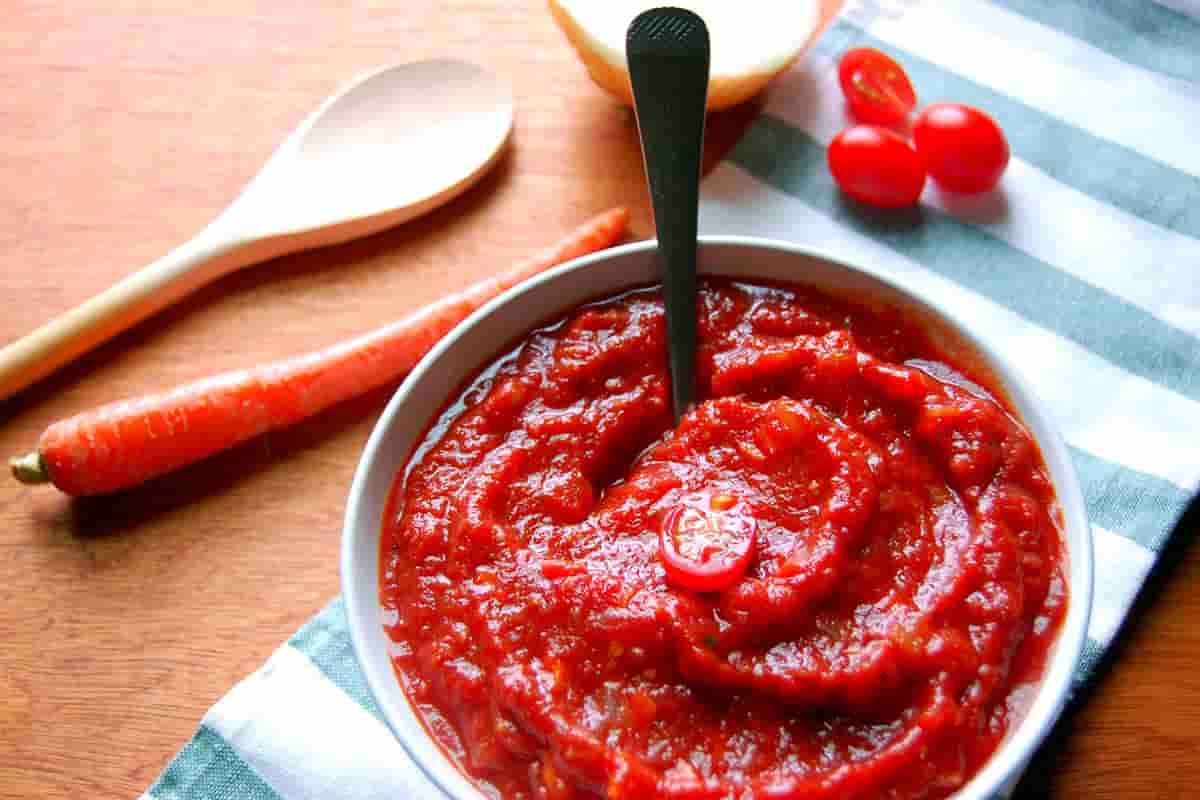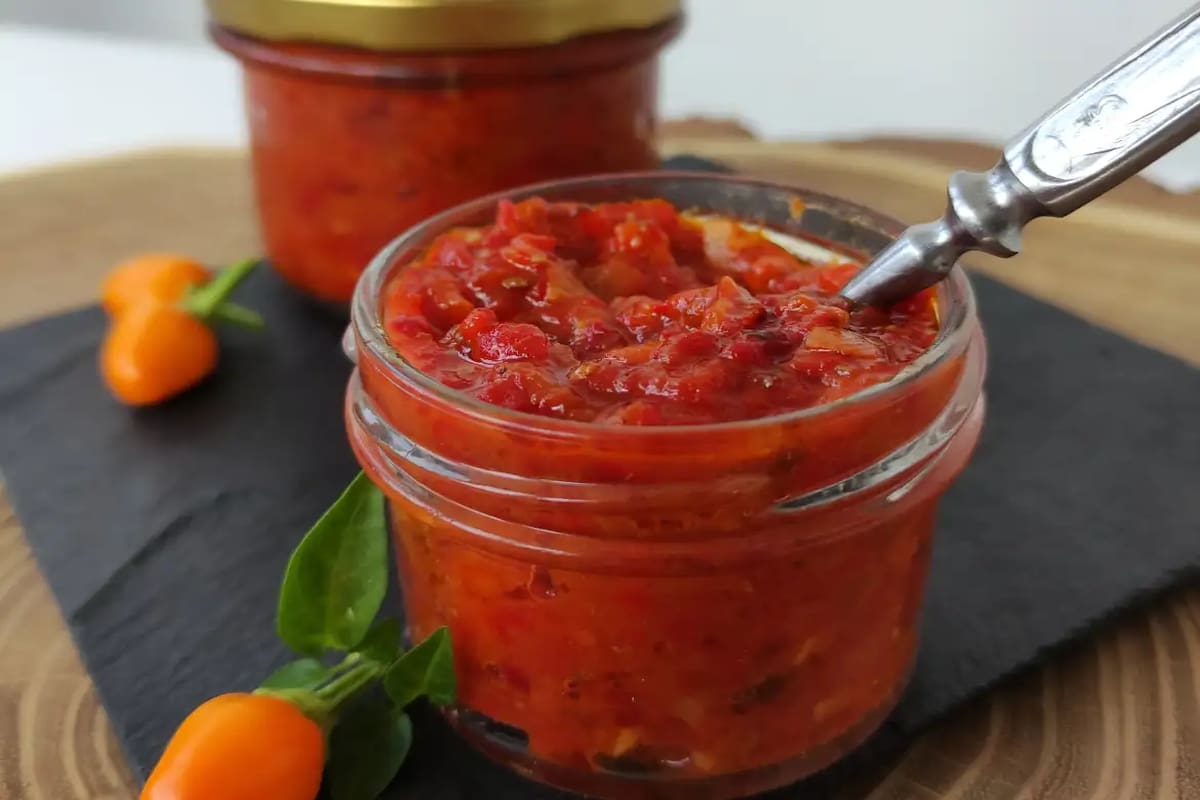Egypt country is one of the regions where the production of tomato paste in the form of organic is quite widespread. The quality of tomato products that are produced in this nation is great. Because of this reason, this country is exporting tomato products such as tomato paste, tomato sauce, and tomato pure to many other nations.
Tomato paste producers in Egypt
At the moment, Egypt is recognized as one of the primary sources for the production and processing of tomato paste, as well as the export of this commodity to nations in the Arab world.
Additionally counted among the international clientele of Egyptian tomato paste manufacturers are customers from India and the United States. This is evident from the vast number of businesses that are currently established within the borders of this nation.
In addition, there are various career prospects in Egypt for people who create tomato paste and food, as well as those who produce it. Come with us as we go through the list of companies that sell tomato paste.
Midway through the month of January, the Italian Development Cooperation made public their intentions to donate more than 4.55 million Euro to two projects being carried out by the United Nations Industrial Development Organization (UNIDO) in the countries of Egypt and Iraq.
During a signing ceremony to start the projects, which took place at the offices of the UNIDO, the news was made.
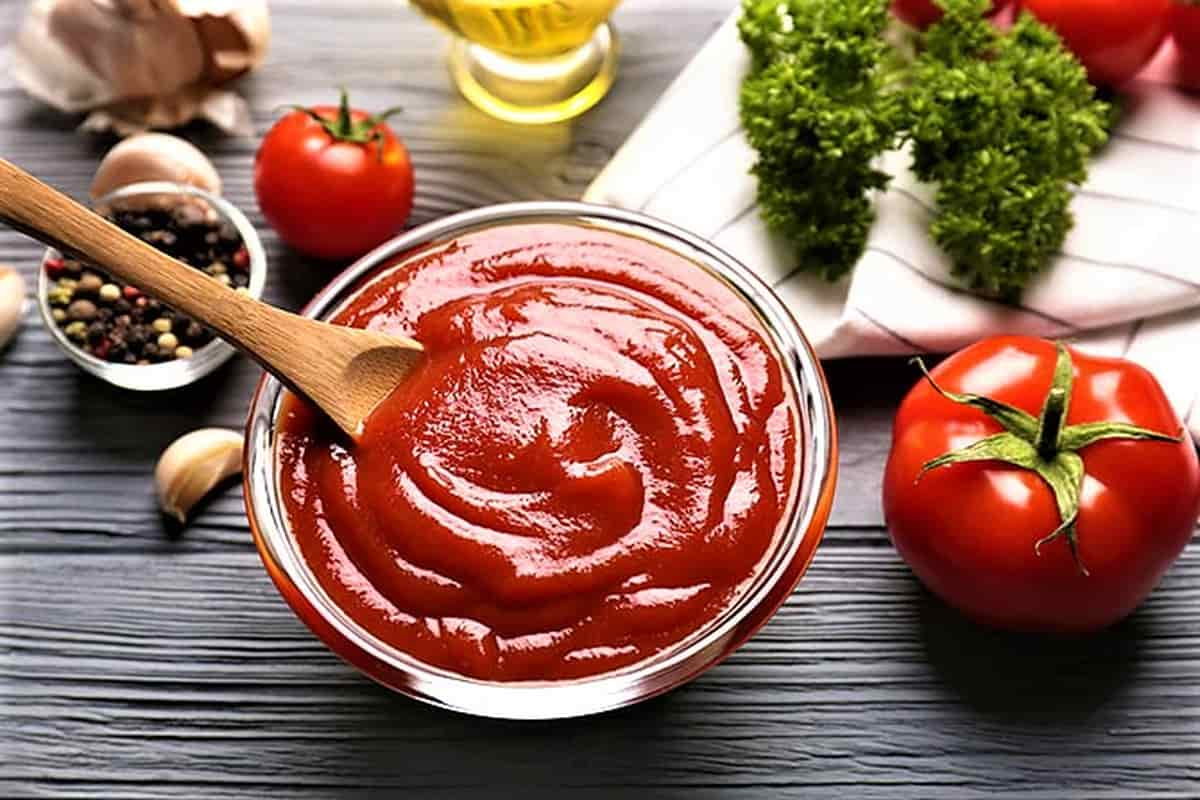
An in-depth investigation of the tomato value chain in Egypt was conducted before the development of the Egypt project. The project will improve the quality of tomato production and processing, enhance the linkages between supply and processing factories, strengthen the technical skills of staff and employers in the processing factories, and improve the existing strategies for marketing in order to tap into new markets.
It seeks to add value to the capabilities of young people and improve their technical knowledge, with the end goal of increasing their employability and the number of job opportunities available to them.
Egypt is the fifth greatest producer of fresh tomatoes in the world, as its annual output of approximately 8 million tonnes places it in fifth place. This is a result of the country’s favorable climate, dual seasonality, and fertile land, all of which contribute to the phenomenon.
However, only three to four % of the tomato crop is digested, and there is a lack of integration between the processing sector and the supply chain. Because of this financing, Egypt will be able to make more effective use of their production plant while simultaneously expanding their presence in a number of different markets.
The rate of unemployment in Egypt fell to 7.8 percent in the third quarter of 2019, from 10 percent in the same period a year earlier and 7.5 percent in the preceding quarter. This represents a decrease from both of those figures. Because of this new endeavor, which will result in an increased number of job openings, the rate is expected to continue its downward trend.
The Italian government has traditionally been a strong supporter of the United Nations Industrial Development Organization (UNIDO) and the development Agenda.
“We share a common vision to promote inclusive and sustainable industrialization to tackle inequalities at all levels,” said Li Yong, Director-General of the United Nations Industrial Development Organization (UNIDO), while expressing his appreciation for Italy’s significant financial and political support. “We share a common vision to promote inclusive and sustainable industrial development to tackle imbalances at all levels.”
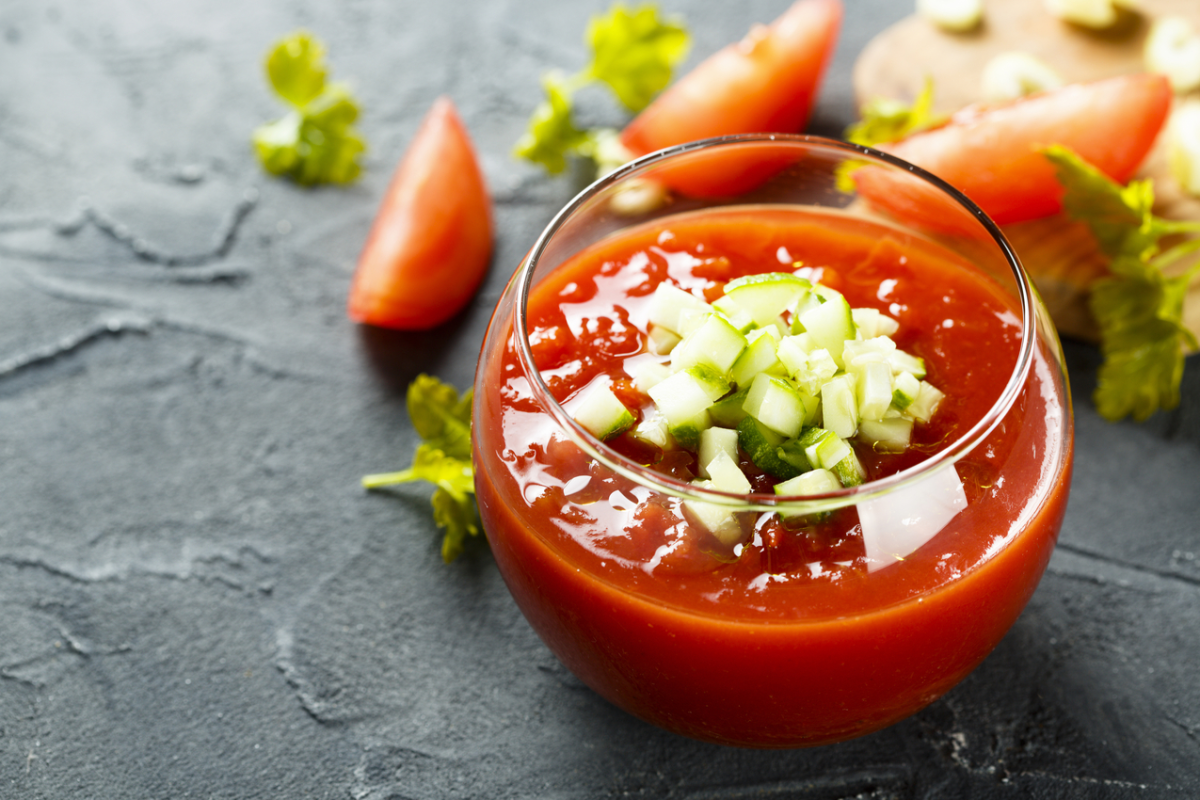
The Egyptian Department of Commerce and Industry, the Ministry of Land and Agriculture Restoration, as well as the local private sector, which will be the principal beneficiary of the initiative, will work together to implement the project.
The tomato farming industry in Egypt is riddled with dangers for its farmers; a significant proportion of the harvest is likely to be thrown away, which is an urgent worry for many of them.
Tomato farmers such as Ahmed Thabet have, however, devised a strategy that allows them to make up for previous losses while also reducing the likelihood that they will occur in the future.
When the time comes for harvest, Thabet transports the tomatoes that he has produced on his farm in the ancient city of Luxor to a field close by, where they can be dried in the heat of the sun.
So according to Egyptian officials, demand for the sun-dried form of tomatoes is growing in international markets, thus these tomatoes are allowed to sit there for about a week to two weeks before they are deemed dry enough to be packaged and shipped to other countries.
According to what Thabet told MEE, drying the products and selling them for export is a very lucrative option for farmers.” It is not necessary for me to be concerned about selling the produce at the nearby market.
Although Egypt is a leading producer of tomatoes and ranks sixth globally in terms of production, the country only ships out a fraction of one percent of its annual harvest.
According to the Food and Agricultural Organization of the United Nations (FAO), approximately fifty percent of what is grown each year is lost or squandered, which means that even the bulk of what is still in Egypt does not make it to dinner tables.
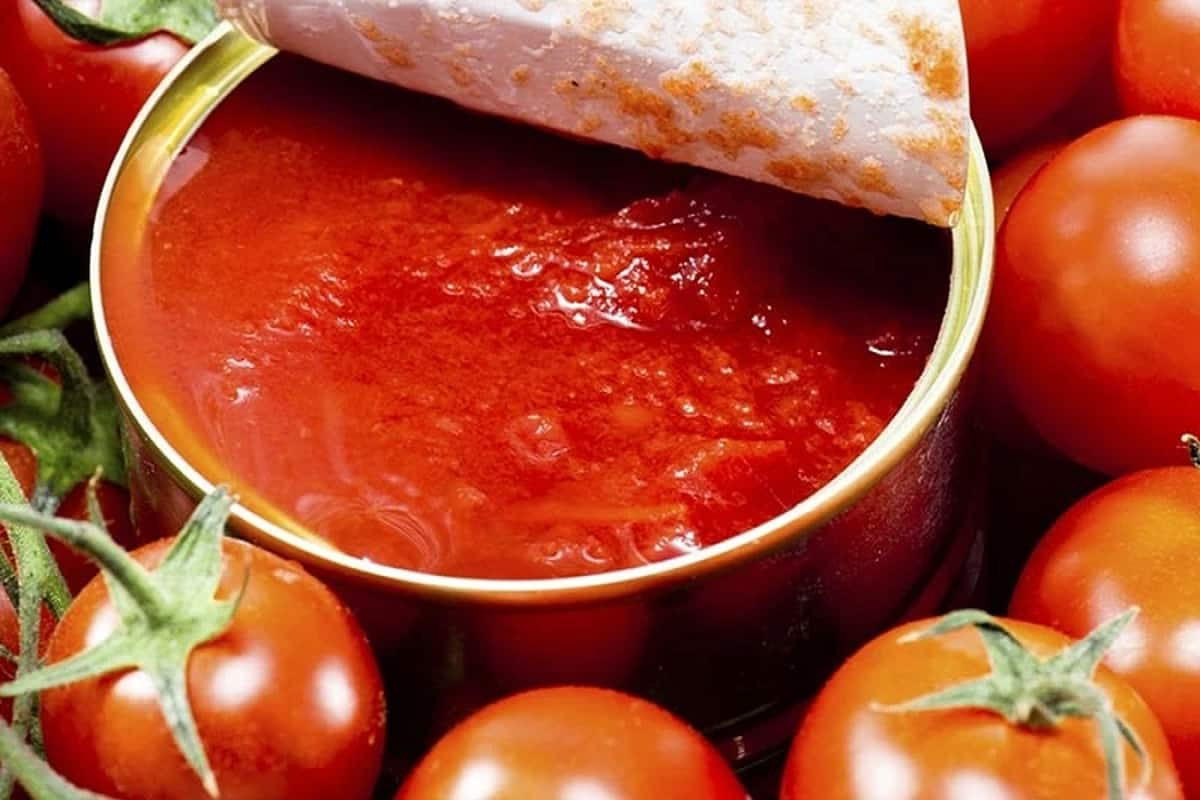
Farmers assert that the amount of waste is due to the combination of too ambitious agricultural planning and a lack of infrastructure to process what is generated, which has resulted in a lack of infrastructure to process what is produced.
In the normal course of events, tomatoes that are not purchased for human consumption are put to use in the production of derivative products such as tomato puree, that can then be subsequently processed into other food products.
On the other hand, Egyptian farmers do not have the infrastructure necessary to make sure that this is doable on the necessary scale to prevent widespread waste.
According to Khalifa, this kind of processing only accounts for three to four percent of the nation’s total tomato production, and he believes that the industry “badly needs to expand” in order to derive the greatest possible value from the crop.
Farmers are frequently compelled to sell their product at a price that is lower than the market average because they lack options other than selling the fruit in its pre-processed state and are under pressure to dispose of their stock before it spoils.
Farmers like Thabet are demonstrating that the production of sun-dried tomatoes does not require major investments in equipment and expertise. This is one of the many products that can be obtained from tomatoes.
The strategy is like a ray of sunshine for the farmers since it frees them from the burden of worrying that their tomatoes may rot if they do not sell them right away and also because the end product itself brings in more money for the farmers.
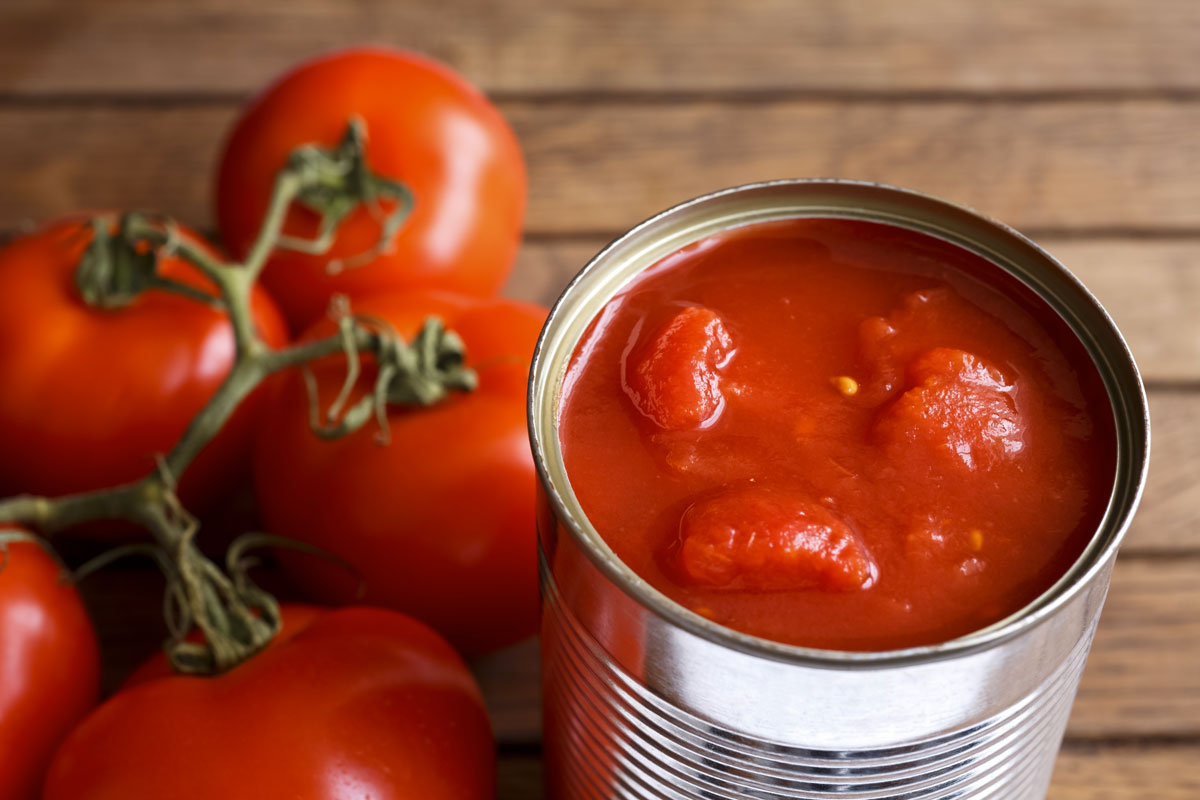
At current market pricing, a kilogram of fresh tomatoes may be purchased for 30 cents, whereas dried tomatoes can be purchased for approximately $2.20 per kilogram. These prices do not take into account the costs that are associated with food waste.
An official with the Ministry of Agriculture named Mahmud Abdel Radi, who is in charge of managing tomato sun-drying facilities in Luxor, referred to these initiatives as a “treasure trove” for local farmers and other residents of the city.
According to what Abdel Radi said to MEE, “they are opening up tremendous potential for farmers and the residents.”
That first became interested in sun-drying after learning about a pilot project being run by the Ministry of Agriculture in Luxor to produce sun-dried tomatoes.
Since that time, he has shifted from selling the tomatoes at the neighborhood market to setting aside all of the items that are produced on his five-acre farm to be sun-dried instead. To get one kilogram of dried tomatoes from ten kilograms of fresh tomatoes is a significant undertaking.
Thabet said, “This eliminates the stress that comes with trying to sell my tomatoes to new people.”
Customers submit their orders far in advance of the fruit’s natural ripening, and the prices are competitive enough to allow farmers to cover the costs of their labor as well as any other production expenses. Earnings can be up to four times higher than what a farmer can make by focusing solely on the production of fresh tomatoes.
Alongside Thabet, a great number of other people in Luxor are getting into the business of sun-drying tomatoes.
Tomatoes are dried on racks that may be seen all over the historic city, but especially in the southern and western areas of the city. When guests arrive, they will see hundreds of square meters of agricultural land covered in tomatoes, each of which has been cut in half so that it may more effectively absorb the sun’s rays.
Now, up to seventy percent of the city’s farmers are engaged in the industry of sun-drying their produce.
Companies based outside of Egypt that are interested in capitalizing on the opportunities presented by the sun-dried tomato industry in Egypt have taken notice of the trend. Luxor is already home to businesses from Germany and Italy that are searching for opportunities to produce and export.

The fact that Egypt is now only behind Italy when it comes to the production of sun-dried tomatoes is evidence of exactly how prevalent the trend has become. Italy is currently the leader in production among all countries in the globe.
Life-changing
The pandemic caused by the coronavirus has caused many sectors across the globe to come to a halt; yet, Egypt’s agriculture economy has been one of the few that has benefited from the pandemic.
Egyptian exporters have been offered the opportunity to access some markets for the first time as a result of disruptions to international supply networks.
According to Gamal Seyam, a professor of agricultural economics at Cairo University, “agricultural exports helped the country maintain afloat during the coronavirus outbreak when all other sources of income froze.”
Tomato farmers in Luxor, including those who have found work in the city’s expanding sun-drying industry, have high hopes that consumer demand will continue to rise even after things have returned to normal.
According to Ali Hozayen, who is the chairman of the Ministry of Agriculture’s Office for Comprehensive Development Projects, the business is offering work prospects for hundreds of people in Luxor, notably women. This is particularly beneficial for the female population.
In addition to providing farmers with guidance and equipment, such as drying racks, the office has also supplied farmers with equipment in the past. In addition to this, it assists in connecting local manufacturers with importers from other nations.



